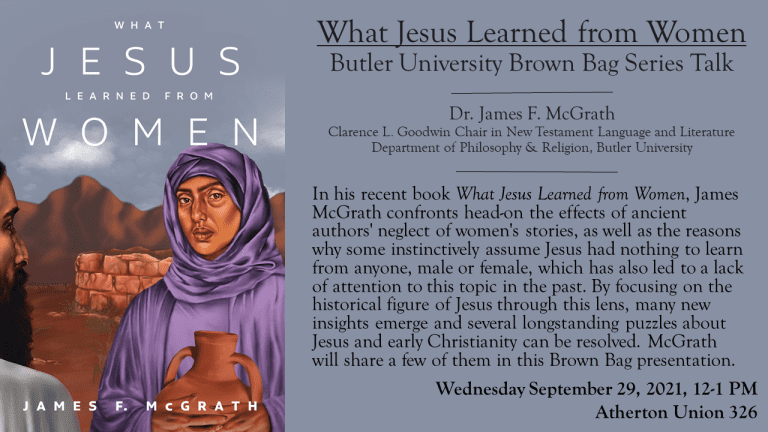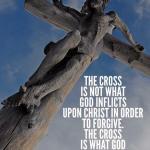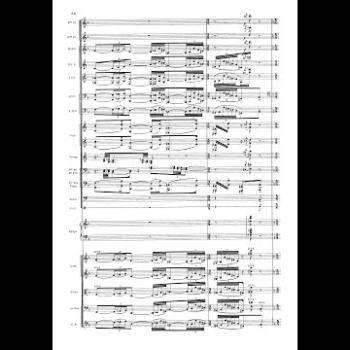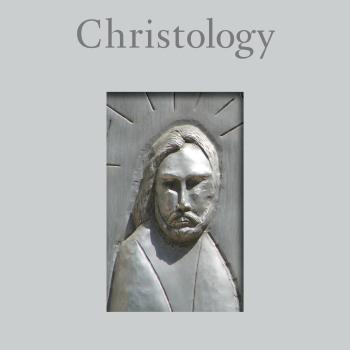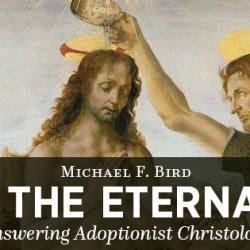This post will be full of all kinds of links related to Jesus. Let me begin with a new review of What Jesus Learned from Women that appeared in The Banner, written by Dr. Mary Li Ma. I am so very grateful for this appreciative and encouraging review, and recommend it to anyone who still hasn’t read the book and is unsure whether they should.
There is also another review of my book about Jesus and the women who made an impact on him that has been posted on Goodreads. I don’t think I’ve highlighted it here before, even though it has been online since April 2021. I’m amazed and humbled by how many people are reading it, taking the time to recommend it, and engaging with it. I’m amazed and humbled by the fact that it has been and continues to be read all around the globe. Thank you for any part you’ve played in helping it reach wherever you are as you read this! Now for that review:
James McGrath approaches the writing of this book, What Jesus Learned from Women, as a biblical historian. This is as opposed to a theologian or an apologist for traditional biblical interpretations. This is important because some readers may take issue at the solely naturalistic explanations of what James chooses to include and discuss. In response, he would state that history is only qualified to discuss those things that have happened within the natural world with natural explanations. That does not necessarily exclude the supernatural, but that is beyond the scope of what historical evidence is qualified to assess. (See his other book, The Burial of Jesus: What Does History Have to Do With Faith?, for more on his historical approach to scripture as a person of faith.)
Another potential barrier is the long-standing tradition (especially in the Western/Roman Christianity) of Jesus’ divinity as it relates to perfection of knowledge and the implied corollary that therefore, Jesus could not make any mistakes. By extension then, Jesus had nothing to learn from other humans. In effect, the divinity of Jesus is so emphasized that his humanity is almost an afterthought. (This is rather close to Docetism, even if not technically identical, an early Christian heresy.)
What McGrath attempts to do, and quite successfully, is recover the full humanity of Jesus, especially how he must grow and mature in knowledge and wisdom, not just in his childhood but throughout his adult life. And for this to occur, Jesus sometimes says and does things that may be what could be termed “mistakes” or actions from ignorance and prejudices that are simply a part of the culture that is around him. The difference between Jesus and most other humans is that Jesus is always willing to learn and avoid making the same mistake twice. (Some might argue, “Isn’t making a mistake or acting on prejudice sin?” The book does not address this question. But perhaps an overly legal – again based on Roman Christianity and its understanding of sin – approach to sin, rather than a relational one in which intentional breaches of relationships is sin – might be something to consider.)
Rather than try to go into specifics of what McGrath covers, my broad reactions might be more appropriate and helpful in this review.
He starts each chapter with a historical fictional narrative of what will be discussed more thoroughly in the chapter. Often this narrative seems rather “way out” and speculative, when compared with the literal text of the Bible and its traditional interpretations. But McGrath explains the basis, in history, culture, and other literary references, of how the narrative is not just random speculation but a plausible reconstruction of what might have been the case. None are precise in all the details, and characters and circumstances might differ, but the narrative is historically plausible. I found it incredibly fascinating and enlightening to see how many threads of people, places, and stories found in the Bible, quite often ones traditionally never placed together, could in fact be related.
This book assumes some level of familiarity with extrabiblical sources and how they relate to the biblical text. It assumes some societal and family relationships that might not be part of what is commonly taught in traditional Christian circles. It helps to have some foundational background knowledge in ancient Mediterranean culture, politics, and history. As such I would say that this isn’t a book someone completely new to a historical approach to the biblical text would find easy to understand.
I think the most important takeaway is that Jesus learned how to be a better human being by learning from women. Unfortunately, this is a lesson that seems to have been intentionally set aside after the first one or two generations of Christians. Even today, there is strong resistance among the majority of Christians to see women as having much to teach men, let alone being allowed to do so in many cases. A point McGrath makes is that in the writing of this book, much of the material he used and learned from were written by women, and that in fact he probably could have written the entire book without having referenced any male authors. In doing so he saw new perspectives and ways of reading the stories of Jesus and women in the Bible. And through his writing, his readers, such as myself, are also able to share in the perspectives offered by women into the Bible. These are perspectives that have often been ignored and forgotten, that can provide additional and even critical lessons that have not been seen before.
I highly recommend this book to anyone wanting to expand their perspective on interpretations of the biblical text and the world in which its stories and characters reside. It is an important contribution toward recovering not just the full humanity of Jesus, but in recovering so many women that are lost in the pages of the Bible.
Learning with Jesus and the Syrophoenician Woman
Here is a brief excerpt from the above blog post to give a hint of how interesting it is:
The Christological debates of the theologians are therefore, I think, misguided. The author of John’s Logos poem simply has no intention of telling us what Jesus is as God’s word—whether he is God or god, deity or divinity—as if to clarify the constitution or architecture of God, of Father and Son. Instead, he is interested to tell us what Jesus does as God’s word. Like the Law, like Moses, and like Simon the Righteous, Jesus was for the Johannine community the definitive expression of and, indeed, the definitive instrument of God’s penetrating judgement, a thorn of schism in Israel. Inasmuch as God’s word is itself θεός in Johannine understanding, Christ revealed God in such a way as to impeccably execute God’s threshing of his people. In Christ, God himself was slicing the people in two.
Christology in crisis: Johannine Judaism outside the synagogue
A glimpse inside Bart Ehrman’s book Heaven and Hell:
https://ehrmanblog.org/on-the-flipside-the-glorious-salvation-of-saints-in-the-teachings-of-jesus/
The Siblingless Son: μονογενής in Greek literature (2): 8th-1st century BCE
The Siblingless Son: μονογενής in Greek literature (3): the LXX and the Hebrew Bible
Trinities Podcast: Who Do You Say That I Am?
Maker/Creator of Heaven and Earth
https://johntsquires.com/2021/09/06/the-paradoxes-of-discipleship-mark-8-pentecost-16b/
New Article on the Christological Reading of Psalm 8 in Hebrew 2
The Turning Point of the Gospel in Mark 8
https://www.episcopalcafe.com/but-who-you-say-that-i-am/?utm_source=feedly&utm_medium=rss&utm_campaign=but-who-you-say-that-i-am
Faith to Go: Claiming Our Authentic Self
New Testament Theology or History of Early Christianity?
And if you are in the Indianapolis area, I’ll be talking about my book on campus…
